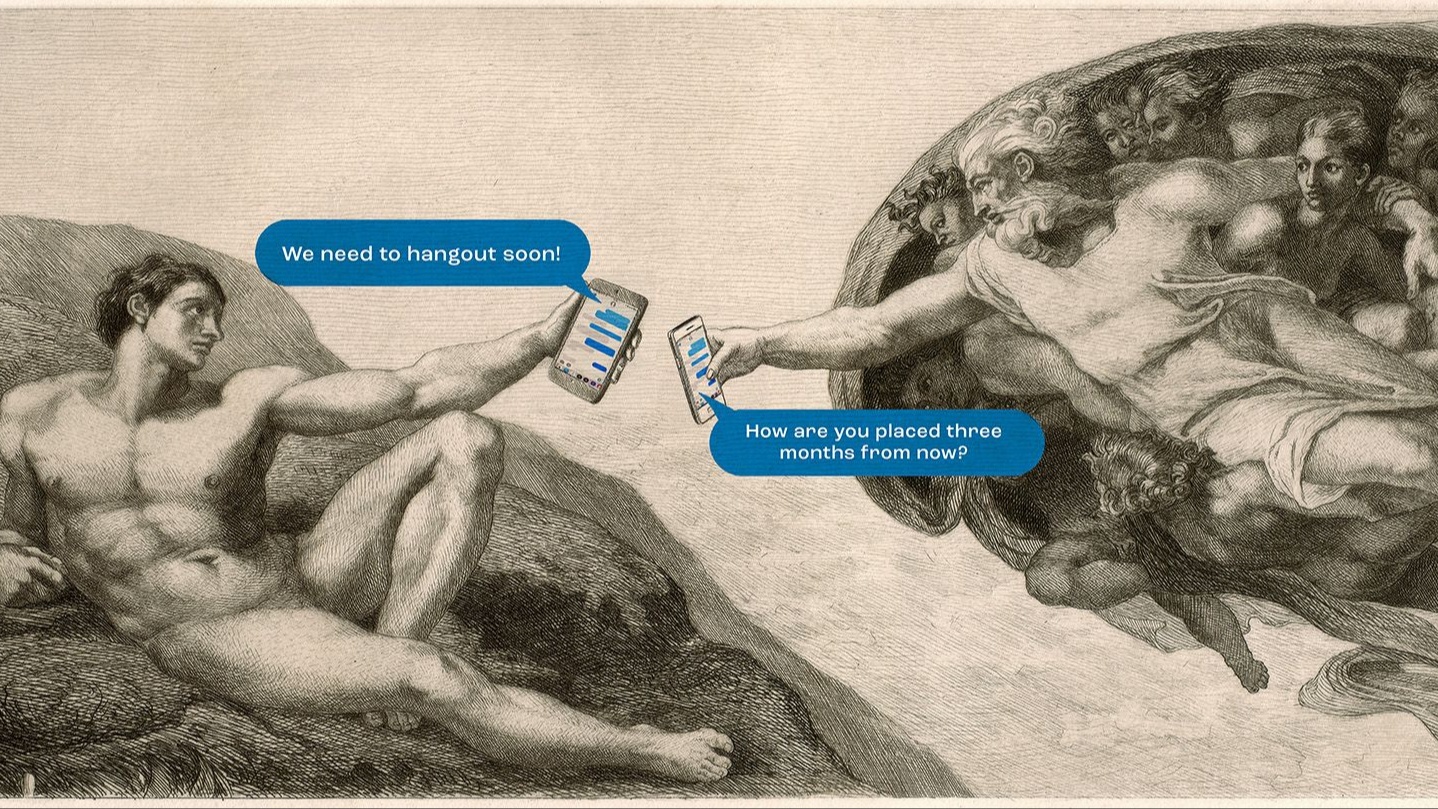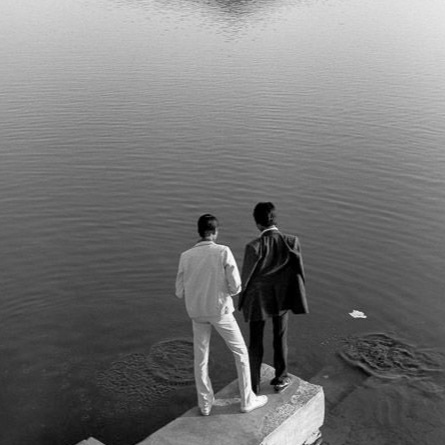The term ‘loneliness epidemic’ has been thrown around plenty since the pandemic. As we struggle to find authentic social connection, the WHO declared loneliness a global health concern as well. But how did we get here? A 2023 Pew Research survey shows that 61 per cent of adults believe having close friends is extremely important to lead a fulfilling life. Even dating apps like Hinge and Tinder are pivoting their strategy to promote platonic BFF connection alongside old-school romance. The writing on the wall is loud and clear: people want, no need, close friends.
Yet despite the fact that all of us are seeking the same thing, it feels harder than ever to reach best friend status. “You know when people make a WhatsApp group for a party and inevitably forget to add someone? Well, I’m usually that last person to be added,” shares Hyderabad-based Sahana P with a feeble smile. “Don’t get me wrong, I have friends. But I’m not anybody’s 3 am call, and that’s starting to get to me.” The 26-year-old accountant craves depth and intimacy in her friendships, but says she fails to transcend the outer circle.
With a chaotic 60-hour work week, Sahana, like many of us, often takes days to reply to texts, and as the designated single girl in the group, has little patience for the unending relationship drama on the group chat. “Hate to admit it, but I cancel plans at the last minute a lot. I know I need to do better, but I just don’t have the time to waste,” she confesses. And she’s hardly alone. The proliferation of pseudo-therapy speak online has convinced us that it’s important to be boundaried and protect our peace at all costs.
Think of all the times you’ve watched your phone ring, impatiently waiting for the friend on the other end to get the hint and leave you alone to doomscroll. It’s ‘sacred me-time’, you say to yourself in justification. The recent discourse on X—where people argued whether asking a friend to drop you to the airport was expecting too much—is also proof of this non-committal behaviour. ‘Use Uber, save a friendship’ was the controversial motto that emerged on our feeds last year. Well, this resistance to putting any effort into friendships is where the conflict arises.
In the post-digital age, where hustle culture has us all burnt out, asking for the bare minimum feels like an invasion of space. Studies show that today, people are only spending three hours a week with their friends, half of what it was a decade ago. According to author and friendship expert Danielle Bayard Jackson, “Young people are scared of being vulnerable and of facing rejection. So when their busy schedules tap them out of their friendships, they ride the wave until loneliness strikes again. But people need to make active time for each other to grow beyond acquaintances.”
Pop culture also holds some blame. TV shows, old and new, portray ride-or-die best friend duos who would drop everything at the blink of an eye to be there for each other. Who wouldn’t be attracted to the us-against-them allure of Sex and the City, Heartstopper, or Gossip Girl? Who wouldn’t want to feel like the central orbit of someone’s friendverse? But these fictional relationships paint all close friends with the same broad brushstroke. Either you cook them chicken soup and sit by their bed all night when they’re ill or you don’t check in at all.
In reality, though, there’s a massive in-between. “It’s not about grand gestures, it’s about trying new things together and following through with the little plans. Even when you’re busy, being intentional in your friendship makes all the difference,” explains relationship therapist Ruchi Ruuh. Not everyone needs to respond to your texts at breakneck speed to qualify as a close friend. Some might help you find the perfect first-day-at-work outfit or share every Instagram Story that your small business posts. Others may water your plants when you’re out of town and remind you to send your car for servicing, even if they forget to wish you on your birthday.
For a friendship to truly survive and thrive at close friend status, it’s important to show grace at both ends. “I’m finally happy with the way that my friends are showing up for me and a lot of it is acceptance at my end,” shares 24-year-old Saranya Ramesh. Although it’s difficult, the Bengaluru-based journalism student is trying to manage her expectations by understanding what her friends can and can’t offer.
The truth is, sometimes you do need to help your friend move homes or listen to them vent, even if you know they won’t be able to return the favour. And that’s okay, it doesn’t make your relationship transactional, and they aren’t trauma dumping—you’re just close friends who show up in different ways. Don’t always listen to the internet.



